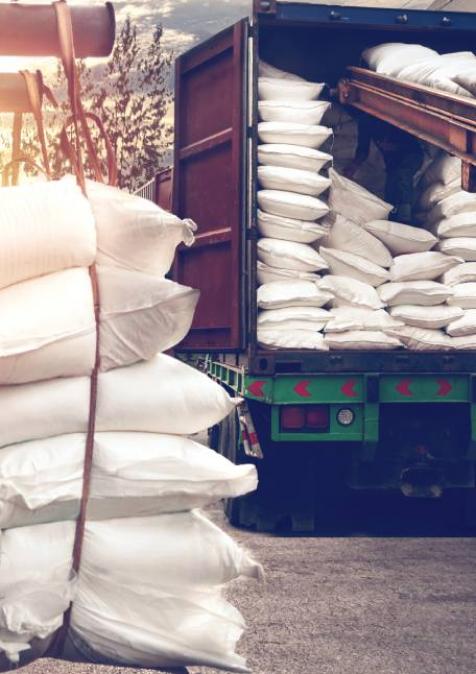Otaviano Canuto, Policy Center for the New South The growth and productivity performance of emerging market and developing economies since the 2008 global financial crisis failed to repeat the achievements of the previous decade. Besides frustrating expectations that they might become the new growth pole in the global economy, their convergence to per capita incomes of advanced economies has suffered a setback. Nonetheless, the path of policies and reforms to be pursued in that direction remains the same. This is something accentuated by the coronavirus pandemic crisis.
Speakers

Otaviano Canuto
Senior Fellow
Senior Fellow at the Policy Center for the New South, Affiliate Professor at Mohammed VI Polytechnic University and Non-Resident Senior Fellow at Brookings Institute. Former Vice President and Executive Director at the World Bank, Executive Director at the International Monetary Fund (IMF) and Vice President at the Inter-American Development Bank.
...








